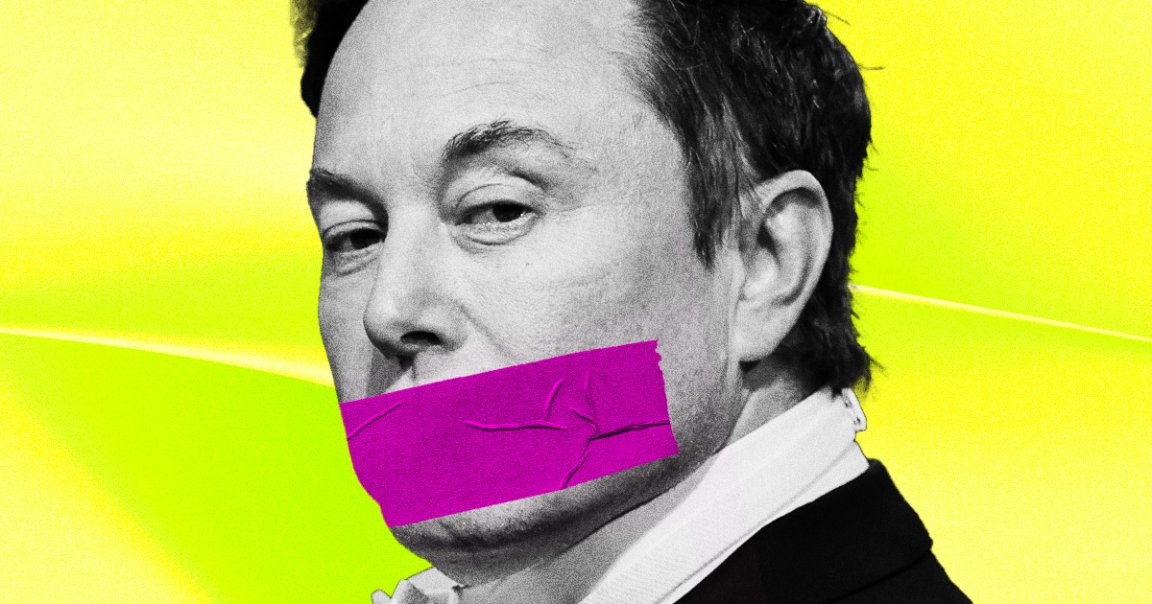
Getting the Wall
A Saudi man has been sentenced to death for tweets critical of his government — and self-professed free speech absolutist Elon Musk is strangely silent.
As Newsweek notes, Musk has thus far been mum about news that retired school teacher Muhammad al-Ghamdi has been sentenced to death for posting content critical of the Saudi government on X-formerly-Twitter and YouTube, which is especially ironic given all the strident remarks and promises the billionaire has made championing freedom of speech on the platform.
As noted by the nongovernmental organization Human Rights Watch, which first reported the news of al-Ghamdi’s death sentence following his more than yearlong imprisonment for online dissent, this case represents an escalation of Saudi Arabia’s crackdown on free speech, which, again, is something Musk purports to care so much about that he literally bought Twitter over it.
Just last month, Musk tweeted a promise to foot the legal bills of people fired for “posting or liking something on this platform,” and although al-Ghamdi hasn’t been fired per se, one would imagine that being sentenced to death for tweeting would fall under a similar purview.
Movers and Shakers
Last year, the world’s richest man exclaimed in another tweet that he’s a “free speech absolutist” when diving into the fray of the then-burgeoning Ukraine-Russia war — another indication that he’s willing to engage with international politics when it suits him.
As Newsweek pointed out, Musk could also have some sway via Alwaleed bin Talal, a billionaire Saudi prince who became Twitter’s second-largest shareholder the day his Canadian-South African counterpart took over the site. In fact, Musk publicly questioned bin Talal earlier in 2022 about the kingdom’s “views on journalistic freedom of speech,” and apparently got enough of a satisfactory answer that the two became friendly by the time the sale went through, with the prince becoming an investor in the newly-private company.
To be clear, we’re not suggesting that Musk necessarily has enough power to convince the notoriously iron-fisted Saudi government to rescind al-Ghamdi’s unjust sentence. But at the very least, he could draw attention the grave injustice of the case.
And as the New York Times and the New Yorker reported in July based on interviews with US government officials, Musk does seem to wield an undue amount of influence over global affairs. If there’s any time to flex those muscles, or at least make some sort of public commentary in line with his purported values, it would be now.
More on Muskian bargains: Elon Musk, Renowned for Throwing Stones, Accused of Building Glass House With Company Funds